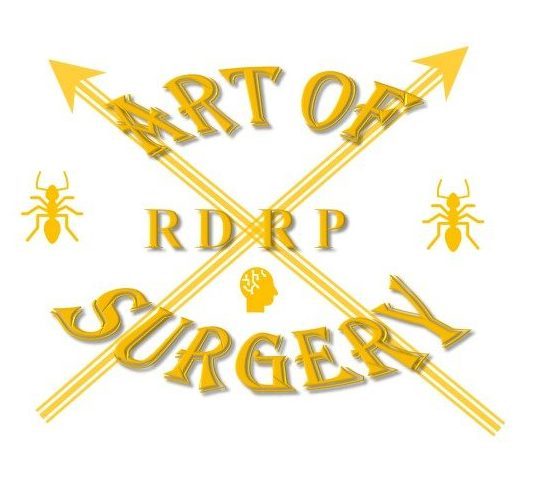Portal vein and splenic vein thrombosis
Portal Vein Thrombus
Acute PVT can be due to local (eg. pancreatitis) or systemic prothrombotic conditions (eg. myeloproliferative neoplasm, antiphospholipid syndrome et.). Presentation is often incidentally found on scans for predisposing condition. Sometimes, can cause recurrent severe abdominal pains if causing venous ischaemia of the gut, with extension of the thrombus to the SMV.
Even in extensive PVT, the liver enzymes can be unaltered as compensatory increased hepatic arterial flow occurs.
Chronic PVT generally occurs in cirrhosis, with reduced portal flow and changes in clotting factors. All these patients need assessment for HCC>
Anticoagulation is mandatory in symptomatic PVT or if there is a procoagulant condition. Complications of PVT must be dealt with seperately eg. intestinal ischaemia.
The treatment duration is usually 6 months is a transient local cause is identified but can be extended if no cause or persistent cause is known. Recanalisatoin occurs in 38-45% of patients only and therefore clot progression is the main aim. TIPSS for direct thrombolysis can give high rate of immediate recanalisation.
LMWH or unfractionated heparin and then Vit K anatagonists with INR in the range of 2-3 is suggested. Solid evidence for DOACs is lacking currently.
In patients with cirrhosis, anticoagulation can be considered in symptomatic patients with extenstion to the SMV and they can be kept on anticoagulation whilst awaiting transplant.
Splenic Vein thrombosis
When isolated SV thrombosis is noted, its most commonly associated with pancreatitis.
Most patients are asymptomatic from it but variceal bleeding is a possibility
Splenomegaly is not often found and only 20% of symptomatic patients have oesophagogastric varices.
Asymptomatic patients don’t need treatment. But if variceal bleeding occurs, embolisation or splenectomy are only options.
Treatment for SV thrombosis
Three months of anticoagulation
If no evidence of cirrhosis, a DOAC can be used.
Screening young patients for causes of SV thrombosis (even if provoked event like Pancreatitis)
– Anti-phospholipid syndrom
– JAK2
-CAL-R
-MPL mutation (myeloproliferative disorder)
-PNH screen
